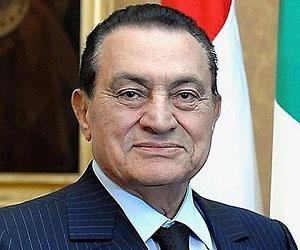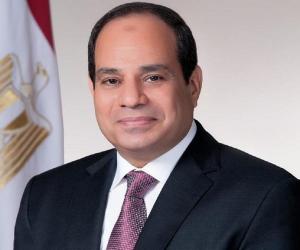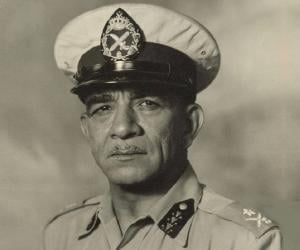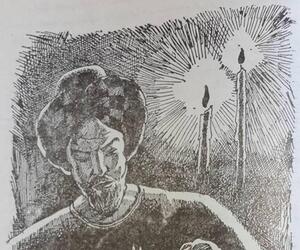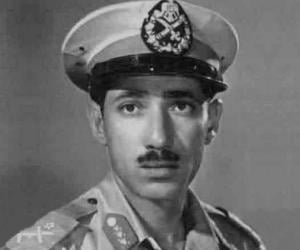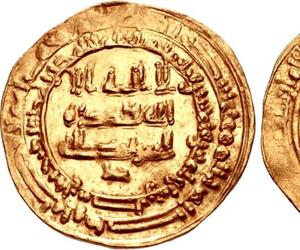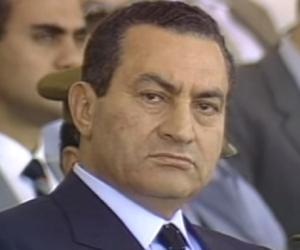1
Ibrahim Pasha of Egypt
(Viceroy of Egypt)
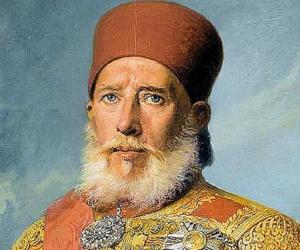
15
3
Birthdate: March 4, 1789
Sun Sign: Pisces
Birthplace: Drama, Greece
Died: November 10, 1848
Ibrahim Pasha of Egypt was a prominent general and politician who commanded both Egyptian and Ottoman armies. He played a crucial role in expanding his father's established Egyptian army, achieving significant military victories and extending his rule over various territories. Ibrahim succeeded his father as ruler of Egypt and Sudan, ruling over dominions like Syria, Hejaz, Morea, Thasos, and Crete. Known for his military prowess, Ibrahim's legacy is celebrated among the Muhammad Ali dynasty, with a statue in his honor in Cairo.
